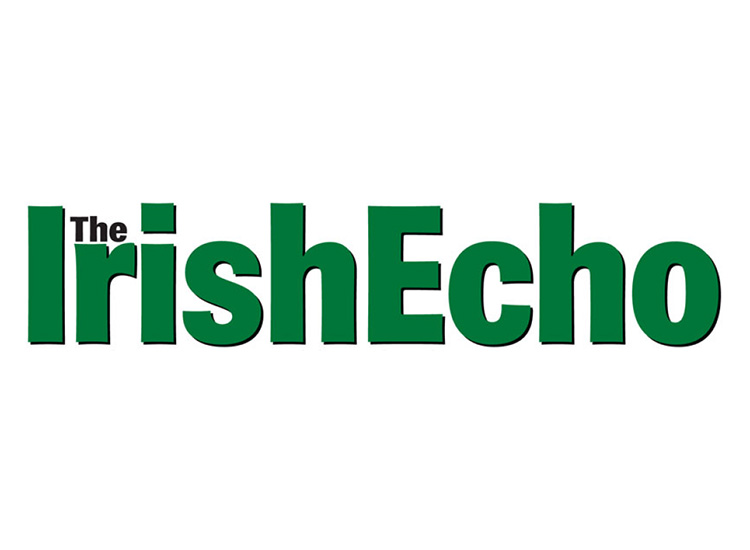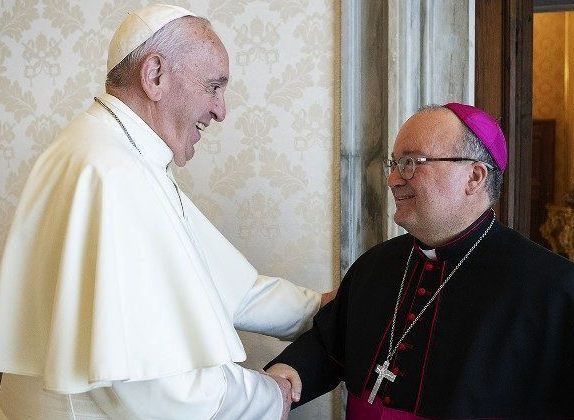The first review of Ireland's €85 billion international rescue plan has concluded the Irish government has met its fiscal targets by "a comfortable margin." But it warned that challenges remain.
A statement from the International Monetary Fund, European Central Bank and European Union said Ireland was making "good progress" in confronting its "deepest economic crisis ever," but it would need to maintain "steadfast policy implementation."
Praise for the Irish response to the crisis also came this week from British Prime Minister David Cameron during a visit to London by Taoiseach Enda Kenny.
Minister for Finance Michael Noonan said the government had succeeded in "substantially changing" four important areas of the understanding agreed with the 30-strong team of EU and IMF negotiators. There were a reversal of the €1 cut in minimum wage; the incorporation of the coalition's jobs initiative to be delivered within 100 days of entering government; no further transfer of assets from banks to NAMA, and the acceptance of the government's planned comprehensive spending review to be completed by September.
"This program is a lifeline for Ireland," said Ajai Chopra, the IMF's deputy European director and head of mission for Ireland.
"It represents an Irish solution to an Irish problem, and it enjoys our support. In the root of the problem was a deep banking crisis and that's where the emphasis of this program is. The new government is making good headway on this front."
Minister Noonan said all conditions set down for the first quarter of 2011 had been met.
"I will raise the issue of the interest rate we are paying for the rescue loan at a meeting of European finance ministers next month. The reversion to the €8.65 national minimum wage will be balanced by a halving of employers' pay related social insurance (PRSI) costs for all those earning €356 or less each week."
However, the minister would not say how much this would cost the exchequer, or give details on how it would be funded, prompting criticism from opposition parties.
Fianna Fáil's finance spokesman Brian Lenihan said in spite of the talk, the bailout package remained the same deal, with the same political priorities identified by the last government.
"The only difference is an additional cost of approximately €400 million to the taxpayer to fund a reduction in PRSI. How are they paying for the reduction in PRSI?"
Minister Noonan also refused to divulge the overall cost of the jobs initiative, or explain how it would be financed, apart from saying it would be "fiscally neutral."
He accepted that its inclusion in the EU-IMF rescue program had resulted in "a lot of new conditions," but said he would not disclose these until the initiative was announced.










